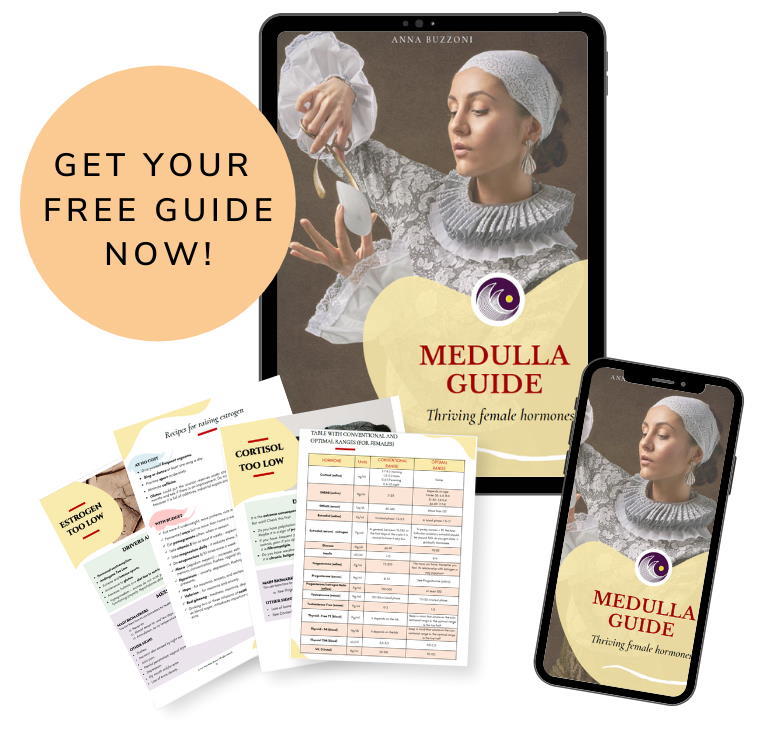(this article was originally written in 2016)
A revolutionary study has confirmed what many of us have known for a long time because we have experienced it on ourselves: the use of hormonal contraceptives can lead to depression.
The validation comes from scientists at the University of Copenhagen who have followed more than one million Danes between the ages of 15 and 34 for 13 years. This is the largest study of its kind, in one field, that of the effects of hormonal contraceptives on women’s mental health, which has seen very little research over the last 40 years, despite the alarm raised at the American Congress in 1970. The results are worrying, and confirm the insights of 1970.
The risk of depression rises 23% with combined cycle hormones and 34% with the progestin pill. In adolescents the risk rises by 80% and 160% respectively. Implants, patches and vaginal rings increase the risk in even higher percentages (1).
Hormonal contraceptives are prescribed in many cases: purely for contraceptive purposes, acne, irregular or particularly painful menstruation. They are widely used in sport and the army, especially LARCs (long-acting reversible contraception) to suppress not only the cycle but also blood loss (which is never a real menstruation, in the case of hormonal contraceptives), a choice that has also proved effective for a New York Times journalist, who urges women to inform themselves about the possibility of getting rid of the cycle entirely when it is most convenient, and then recover it when it is convenient.
I have been hearing about LARCs for almost 10 years now. They were first proposed to me by my gynaecologist in Ireland. It was either an injection or a skin implant, and I would “stop having a period. Your body will always think it’s a little pregnant.” For a moment I thought he was joking and it made me think about cat pricks. I refused and continued to use Nuvaring, without knowing the mechanism and deluding myself that it was different. Many American universities and medical associations have been pushing for the massive adoption of LARCs for years, but the Danish study clearly shows that this is absolutely not the solution, especially in the case of teenagers, but not only.
Money and energy could be better spent, both in situations of pain and irregularity and in situations of purely contraceptive needs. If the problem is particularly painful menstruation, or disabling mood swings, the remedy is not to get rid of the cycle by deceiving the body, because it is not the cause (except for specific pathologies, of course). The menstrual cycle is a fascinating subject, but unfortunately there is a lack of widespread understanding and true intimacy with it.
The cycle is a litmus test of pre-existing imbalances, it does not cause them. By deceiving this innate mechanism, natural and precious for our health, we are potentially opening ourselves to illnesses and imbalances, both mental and physical. By crippling the cycle within a linear motion (thus suppressing the natural cyclicity of our hormones) we are only damaging ourselves, because we deprive ourselves of the possibility of being free, that is, of living a full life as nature has created us; of identifying what is really polluting our efforts; what is really good for us, and how to put it into practice.
Pain has been an important part of my menstrual cycle, as well as my ignorance, until a few years ago. Travelling a lot all over the world, having to deal with meetings with ministers and officials after 20-hour flights, I never moved without painkillers. The pain was intense despite the use of the ring, and I absolutely could not work or live without a regular dose of pills for 36-48 hours. It was even worse when I was young, so I was consoled.
Finally, one day my new German gynaecologist told me that Nuvaring was basically the same as LARCs, i.e. it suppressed the cycle. How foolish I felt! But instead of getting angry at myself, I took pity upon myself. I immediately decided to stop hormones, just to feel the thrill of not always being “a bit pregnant” or in a “sort of menopause” and above all because the doctor had passed me an intriguing flyer on Sensiplan, a symptothermal method based on 35 years of research at the Universities of Heidelberg and Düsseldorf, totally natural and with a Pearl index (the effectiveness, in simple terms) similar to those of hormonal contraceptives. To all women who need a safe and invigorating method of contraception for their self-esteem, I recommend that they find out about the so-called fertile day awareness methods – FAM – of which Sensiplan is the safest, most researched and comprehensive. At the end of the day, we are fertile 6 days a month at most.
I took the course and a world of diet, acupressure, breathing, reading, various exercises and changes to my routine opened up for me, and today, for the past three years, the cycle is no longer painful or problematic. But it doesn’t end there! Through a knowledge of the cycle, its rhythms, its why, both physiological and cultural, and its analogies, I discovered a source of strength and calm that I didn’t think I possessed.
It has benefited my whole life, personal and professional, my health, and also the preovulatory phase of the cycle, the one associated with strength and reason. The postpvulatory phase, the one usually experienced as the most problematic, uncontrollable and dangerous, has become the ideal phase to identify and eliminate dead weights, dead ends, or individuals who bring trouble. It can also be tremendously productive, as well as restorative. I know when my immunities are low and when I can afford to work a little harder. I get less sick, and I’m more at peace. I produce better and rest more. Magic? Fact is, the cycle has proven to be an asset I would never give up.
If you’d like to know more, or if you have any questions, please e-mail me at hello@annabuzzoni.com.
1. Also interesting is the World Health Organization’s study on the male hormone pill, which highlights: the male pill has a negative impact on men’s emotional well-being.
In the Guardian of October 28th 2016, another article on male hormonal contraceptives was published, in which Prof. Anderson admits that: “expecting no side effects (depression and lack of libido, Editor’s note) is unrealistic. Modern men need to man up”. Any comment is redundant.
Medulla article published on http://www.italiachecambia.org/2016/11/ormoni-contraccezione-femminile/
Photo: Pexels






